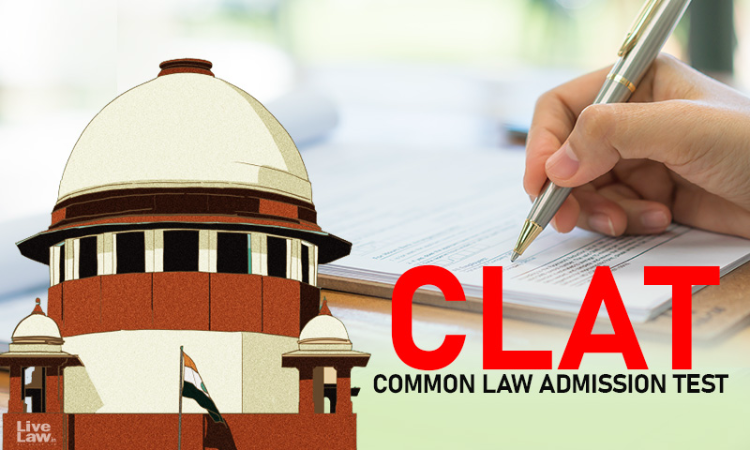The Supreme Court on Tuesday issued notice in a plea seeking to declare the condition mandating applicants to clear CLAT for applying to the post of Assistant Law Officer in National Thermal Power Corporation Limited (NTPC) as unlawful, illegal and ultra vires the Constitution.A bench of Justices B R Gavai and Vikram Nath was hearing a Special Leave Petition filed by the petitioner...

